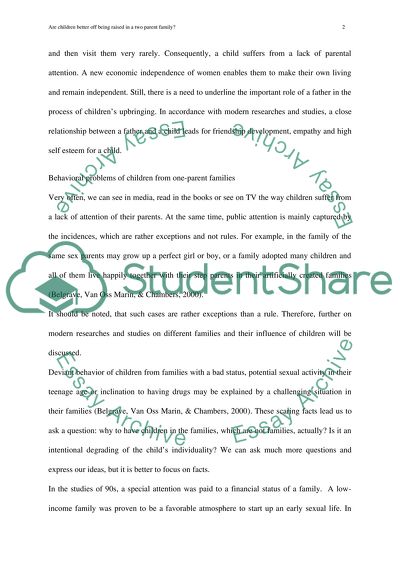Cite this document
(“Are Children Better off Being Raised in a Two Parent Family Essay”, n.d.)
Retrieved de https://studentshare.org/psychology/1391923-are-children-better-off-being-raised-in-a-two-parent-family
Retrieved de https://studentshare.org/psychology/1391923-are-children-better-off-being-raised-in-a-two-parent-family
(Are Children Better off Being Raised in a Two Parent Family Essay)
https://studentshare.org/psychology/1391923-are-children-better-off-being-raised-in-a-two-parent-family.
https://studentshare.org/psychology/1391923-are-children-better-off-being-raised-in-a-two-parent-family.
“Are Children Better off Being Raised in a Two Parent Family Essay”, n.d. https://studentshare.org/psychology/1391923-are-children-better-off-being-raised-in-a-two-parent-family.


